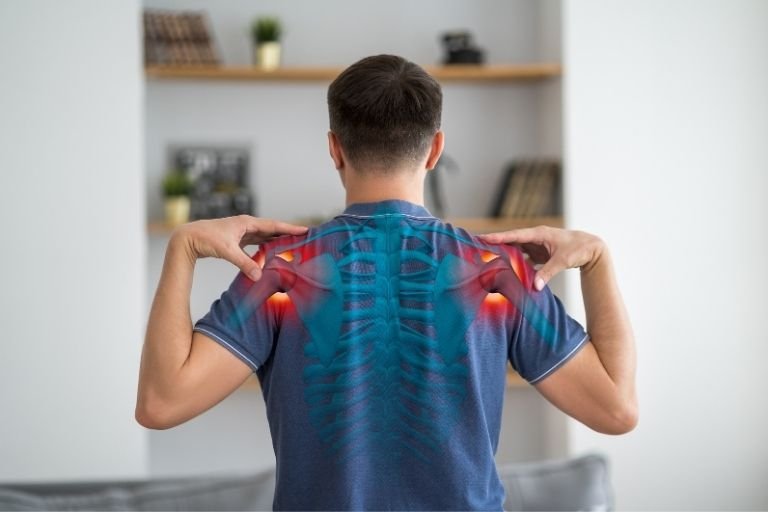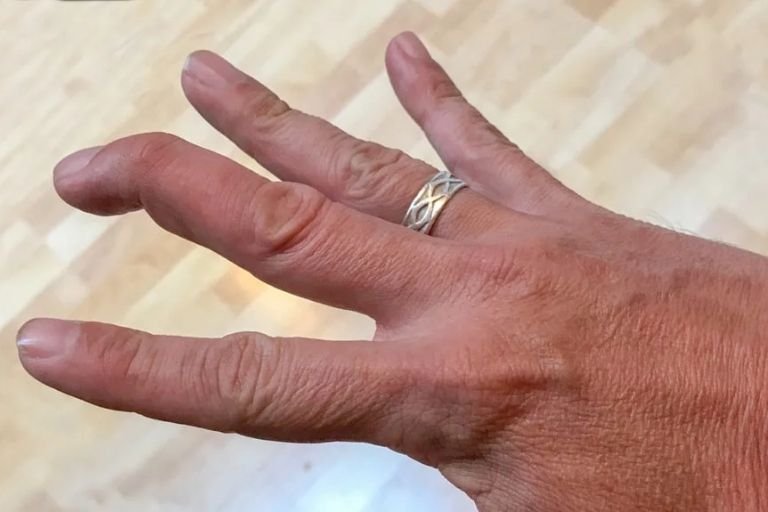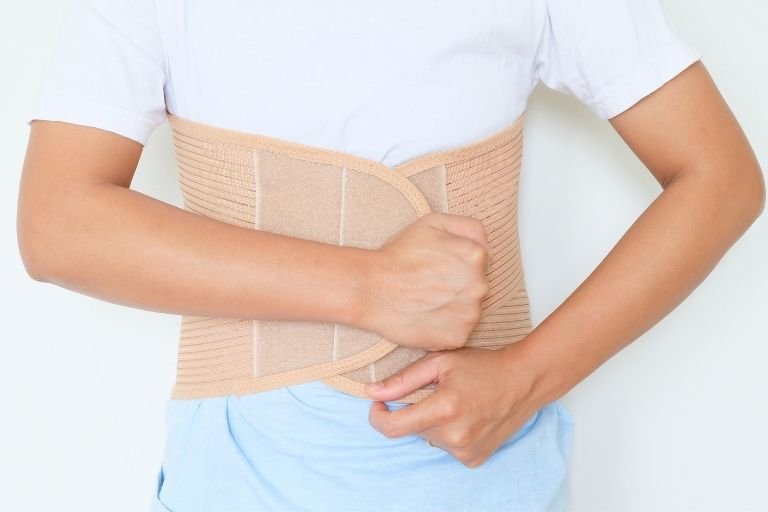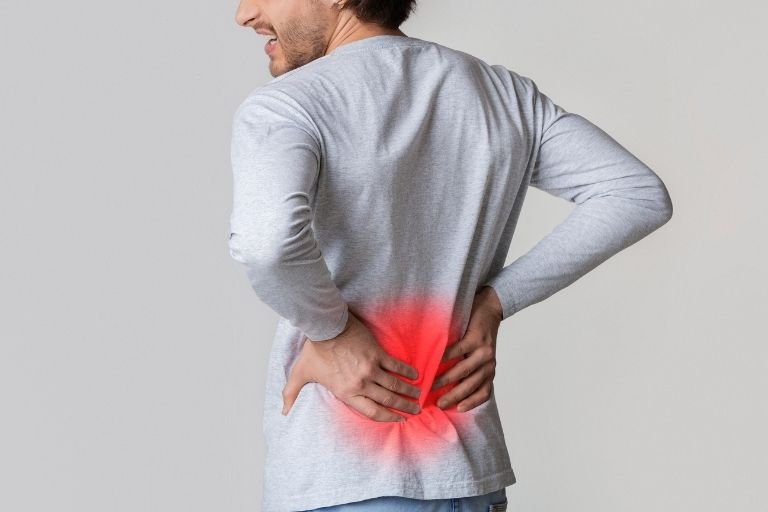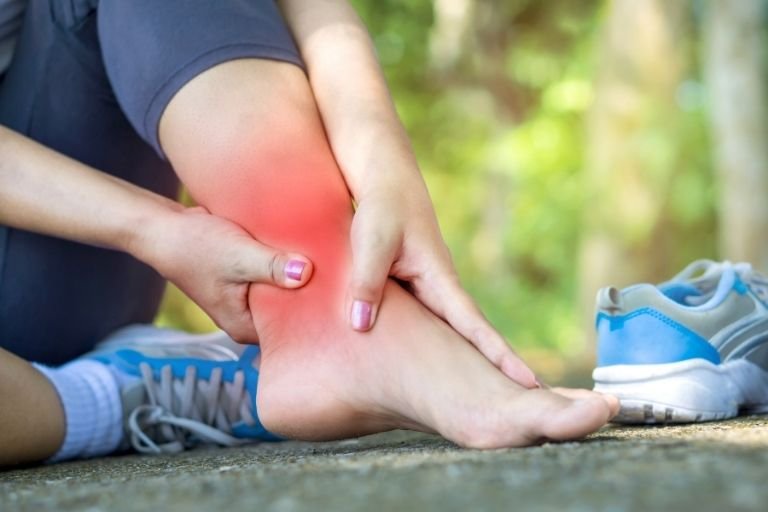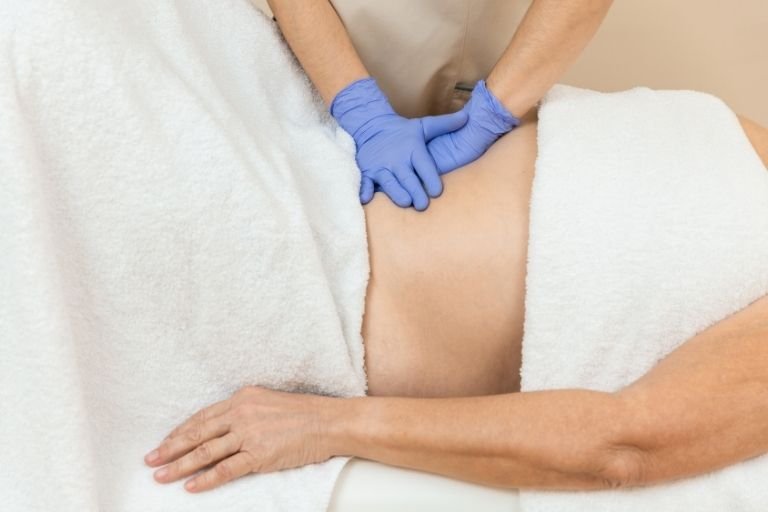- Fitwell Physiotherapy
Herniated (Slipped) Disc

A herniated, or slipped, disc occurs when the soft inner portion of a spinal disc protrudes through the tough outer layer. This condition often results in pain, numbness, or weakness in the affected area. Here’s a breakdown of its symptoms, causes, when to seek help from a physiotherapist, risks, prevention methods, and treatments:
Please submit your details below.
Symptoms:
- Pain: This can vary from mild to severe and may occur in the neck, back, buttocks, or legs.
- Numbness or tingling: Often felt in the area where the affected nerve travels.
- Muscle weakness: Particularly in the muscles connected to the affected nerve.
Causes:
- Age-related wear and tear: As we age, spinal discs lose some of their water content, making them less flexible and more prone to herniation.
- Injury or trauma: Sudden pressure on the spine from lifting, bending, or twisting can cause a disc to herniate.
- Genetics: Some people may have a genetic predisposition to developing herniated discs.
When to See a Physiotherapist:
- Persistent or severe pain: If the pain doesn’t improve with rest or over-the-counter pain medication.
- Numbness or weakness: Especially if it’s affecting your ability to move or perform daily activities.
- Difficulty controlling bladder or bowel movements: This could indicate a more serious condition known as cauda equina syndrome.
Risks:
- Nerve damage: A herniated disc can compress nearby nerves, leading to long-term nerve damage if left untreated.
- Loss of mobility: Severe pain and muscle weakness can limit your ability to move comfortably.
- Chronic pain: Without proper treatment, a herniated disc can cause chronic pain and discomfort.
Prevention:
- Maintain good posture: Avoid slouching or sitting for prolonged periods to reduce pressure on your spine.
- Exercise regularly: Strengthening the muscles around your spine can help support and protect it.
- Use proper lifting techniques: Bend your knees and keep your back straight when lifting heavy objects.
Treatments:
- Physiotherapy: A physiotherapist can create a tailored exercise program to strengthen your muscles and improve flexibility.
- Medication: Nonsteroidal anti-inflammatory drugs (NSAIDs) or muscle relaxants may help alleviate pain and inflammation.
- Steroid injections: Injections of corticosteroids directly into the affected area can reduce inflammation and relieve pain.
- Surgery: In severe cases where other treatments have failed, surgery may be necessary to remove the herniated portion of the disc.
Managing a herniated disc often involves a combination of treatments tailored to each individual’s symptoms and lifestyle. Early intervention and proper care can help alleviate pain and prevent long-term complications.
Frequently Asked Questions
Related Conditions
How Fitwell Physiotherapy Can Help?
Dr. Richa’s Fitwell physiotherapy has an extensive team of physiotherapists all within their own specialist areas of physiotherapy. Whatever your condition, we guarantee that we will have the best physiotherapist for you. We assess, diagnose, plan, cure and care for you.
Fitwell Physiotherapy Clinic, Pune provides you best physiotherapy treatment in Kharadi, pune. We also serve Chandan Nagar, Vadgaon Sheri, Keshav Nagar, Wagholi & nearby Areas in Pune. We are experts in treating Neck Pain, Hand Pain, Back Pain, Lower Back Pain, Knee Pain, Stiff Neck, Sciatica, Arthritis, Stroke Paralysis & Post Surgical Rehab.
We provide Specialized physiotherapy treatments in Sports Injuries, Pre and post Surgery, Neurologic, Pediatric, Chronic Pain/Fatigue, Rheumatology, Women’s Health, Men’s Health, Ergonomics, Vestibular, Amputees & all sort of Pain treatment and lifestyle conditions.






















